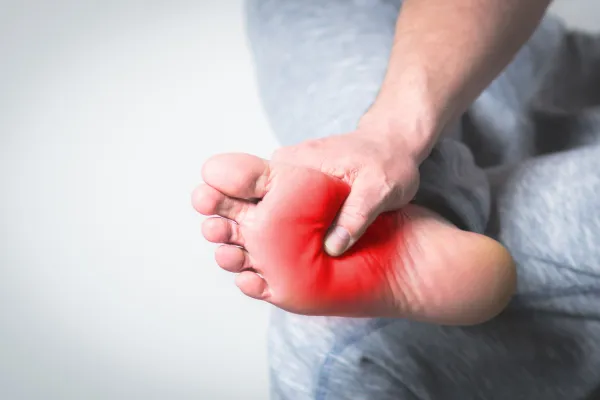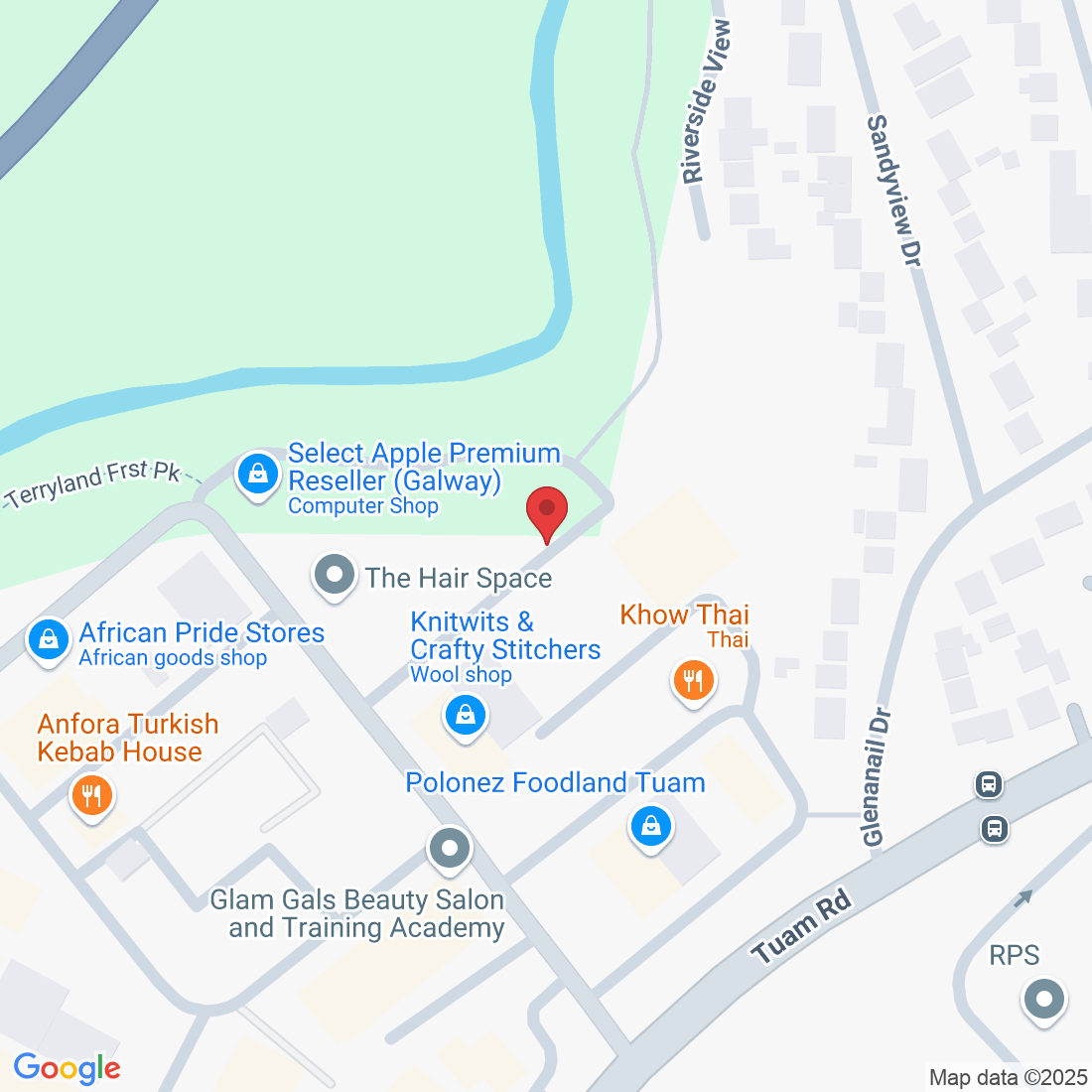
When Nerve Pain Starts in the Feet: Understanding Neuropathy
Burning, Tingling or Numb Feet? It Could Be Neuropathy
Have you ever felt a strange burning in your feet, even when you're sitting still? Or maybe your toes feel like they’re buzzing, tingling, or just “not there” at all?
You’re not imagining things — and you’re not alone. These are common signs of neuropathy, a condition that affects the nerves in your feet and legs.
At Peak Podiatry, we often meet people who’ve been living with these symptoms for months — sometimes years — without knowing what’s going on. That’s why understanding what neuropathy is and how we can help is so important.
What Is Neuropathy?
Neuropathy (also called peripheral neuropathy) means nerve damage. When it affects the feet, it can lead to pain, tingling, numbness, or weakness.
Your nerves are like the wires in your body — they carry signals from your brain to your muscles and back again. But when those “wires” are damaged, the signals get messed up. That’s when weird sensations or loss of feeling can happen.
It usually starts at the ends — like your toes — and gradually moves upward.
Signs You Might Have Nerve Damage in Your Feet
If you’re experiencing any of the following, neuropathy could be the cause:
Tingling or “pins and needles” in the feet
Burning pain that worsens at night
Numbness or loss of sensation (can’t feel heat, cold, or touch properly)
Sharp or shooting pain
Feeling like you're walking on pebbles even when your shoes are smooth
Weakness in the feet or ankles
Balance problems or frequent tripping
Many people don’t feel pain — they feel nothing. That’s dangerous, because you might not notice cuts, blisters, or wounds that can get infected.
What Causes Neuropathy?
There are several possible causes, but the most common ones include:
Diabetes – high blood sugar damages nerves over time
Alcohol abuse
Vitamin B12 deficiency
Certain medications (like chemotherapy drugs)
Infections (such as shingles)
Nerve compression (e.g., from herniated discs)
Idiopathic (which means we don’t always know the cause)
Why a Podiatrist in Limerick Should Be Your First Stop
If you're feeling these symptoms in your feet, your podiatrist may be the first person to spot the problem. That’s because we examine the feet closely — the skin, the circulation, the nerve function, and more.
Here’s how we help:
1. Check Your Sensation
We use tools like a monofilament or tuning fork to test if you can feel touch, pressure, and vibration. This helps us understand how far the nerve damage has progressed.
2. Assess Your Risk
If you have diabetes, we’ll check your risk of foot ulcers, infections, and injury — and help you prevent them.
3. Give Practical Advice
From choosing safe shoes to protecting your feet from injury, we’ll guide you every step of the way.
4. Pain Relief Options
We may recommend topical creams, laser therapy, foot orthotics, or referrals for medications that help manage nerve pain.
5. Keep You Walking Safely
Balance issues are common with neuropathy. We can assess your gait and provide supports to help prevent falls.
Protecting Numb Feet Starts With Awareness
If your feet are numb, you might not notice an injury or sore spot. That’s why daily foot checks are essential — especially if you have diabetes.
Here are some tips:
Look at your feet every day – check for cuts, redness, or swelling
Moisturise dry skin to avoid cracks
Wear shoes that fit properly – avoid seams or tight spots
Don’t walk barefoot, even at home
See your podiatrist regularly to catch problems early
You're Not Stuck with Nerve Pain
Neuropathy can’t always be “cured,” but it can be managed — and your feet can still stay healthy and pain-free with the right care plan.
At Peak Podiatry in Limerick, we’re here to listen to your concerns, test your foot health, and create a treatment plan that works for your lifestyle.
Whether your feet are tingling, burning, or feel like they’ve gone to sleep — we’ll help you wake them up safely.
Book your visit with a trusted Podiatrist in Limerick today. Let’s take the first step toward feeling better on your feet again.
Ask Robert And His Team
Fill in the form to request a Call From Our Team
Fill in the form to request a Call From Our Team
One of our team will call you for FREE and answer any questions or concerns you may have about your Foot Pain.
One of our team will call you for FREE and answer any questions or concerns you may have about your Foot Pain.
© Copyright 2022. Peak Podiatry All rights reserved.





